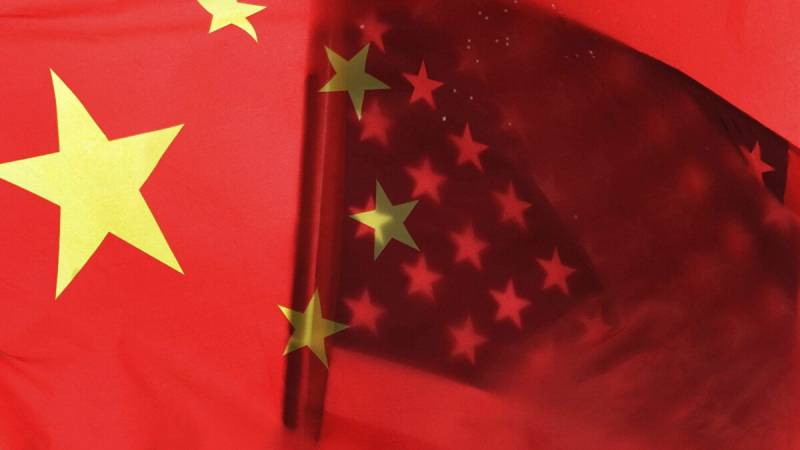On Friday, US Secretary of State Mike Pompeo said that the United States has sanctioned Chinese Communist Party (CCP) officials allegedly involved in a range of coercive activities.
Speaking the meeting with the US-China Business Council's Board of Directors, Chinese Foreign Minister Wang Yi said that it was up to the US to make the correct decision on future China-US relations.
Wang Yi said that he hoped and believed that the US policy on China would eventually "return to objectivity and rationality".
"China and the US should initiate dialogue at all levels, any issue can be discussed at the negotiating table. Thus, it is possible to keep in touch on strategic and long-term issues," Wang said.
The cabinet minister stressed that the US should observe international norms and stay out of China's internal affairs.
"The Chinese side is always ready to negotiate, the sides can draft a list [of topics] to promote dialogue, cooperation and to settle differences," the minister said.
US Secretary of State Mike Pompeo announced on Friday that the US has sanctioned Chinese Communist Party officials allegedly involved in a range of coercive activities. He explained that malign activities have been used to co-opt and intimidate sub-national leaders, overseas Chinese communities, as well as academic and civil society groups in the United States and in other countries.
Earlier, the US Department of State decided to terminate five cultural exchange programmes with China, describing them as tools of soft power propaganda.
The United States and China have been on strained terms since 2017, when Washington's updated National Security Strategy portrayed China, a long-time advocate of a multi-polar world, as a major threat to US interests in world politics.
The bilateral relationship further soured in the summer of 2018, when Washington hiked duties on $50 billion worth of Chinese imports in a bid to balance the countries' trade deficit. US sanctions against Chinese tech giant Huawei for allegedly working with the Chinese government further fuelled bilateral tensions, and the two countries proceeded to exchange several rounds of reciprocal tariffs and wage a brutal economic confrontation (a 'trade war') with diplomatic repercussions.
This year, Sino-American relations hit their lowest point in decades, when the US openly accused Beijing of complicity in the spread of the Covid-19 pandemic.






